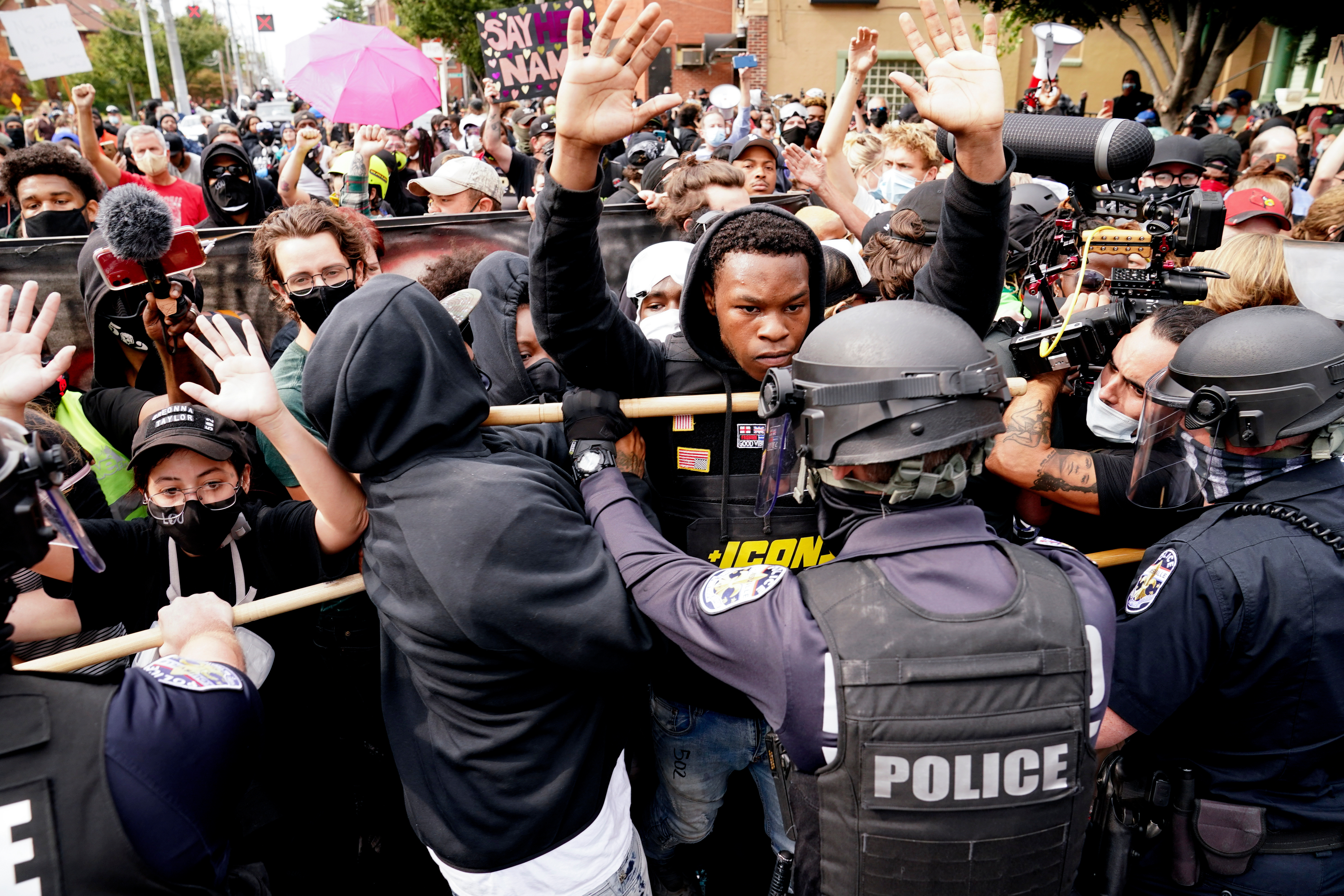There are numerous political scandals happening in Washington right now. President Joe Biden is facing a special counsel investigation into whether he improperly stored classified documents. Former President Donald Trump is facing a similar accusation, along with former Vice President Mike Pence.
Members of Congress are also facing scandals, including Rep. George Santos, R-N.Y. He's accused of lying about his resume.
While there is a lot of scandal happening, real policy changes impacting your family appear to be few and far between for the moment.
That is somewhat expected because Republicans control the House of Representatives and Democrats control the Senate and the White House.
One-Party Rule
Just because Congress is poised for gridlock doesn't mean all legislative bodies are stuck. That’s because more and more states are experiencing one-party rule.
This "government trifecta" is when one political party controls the governor's office, the state Senate and the state House.
Right now, there are 22 states where Republicans have a trifecta. Democrats have a trifecta in 17 states.
In fact, there are only 11 states where a divided state government still exists: Alaska, Arizona, Kansas, Kentucky, Louisiana, Nevada, North Carolina, Pennsylvania, Vermont, Virginia and Wisconsin.
More trifectas exist now than at any time in the last 30 years, according to the nonpartisan website Ballotpedia.
When one party controls a state government, more laws will likely pass.

Politics are driving cities to push for separation as new states
Some conservative counties are pushing to join red states, which would shift politics, tax dollars and demographics.
Take, for instance, gun control. If your state is a Democratic trifecta, it's more likely that new restrictions could become law. In a Republican trifecta, that's more unlikely to happen.
Regarding abortion restrictions, in a Republican trifecta, more restrictions could take place. In a Democratic trifecta, that's unlikely.
“What’s driving this is the increasing polarization of the country,” professor Colin Moore at the University of Hawaii explains.
Moore studies trifectas and has seen firsthand the benefits — as well as the downsides — of one-party rule.
While a trifecta may mean more laws get passed in more states, Moore says it can also lead to voter apathy over time, as well as corruption. He says Hawaii has dealt with that firsthand.
Right now, there are only eight Republicans in the Hawaii legislature, compared to 68 Democrats.
“Democrats have pretty much run Hawaii since statehood,” Moore said. “What we have had here is quite a bit of corruption.”
“We have one of the lowest voter turnouts in the nation," Moore said.
So with state legislatures across the U.S. just beginning to get their 2023 work underway, remember gridlock may not happen there — even if Washington is divided.











